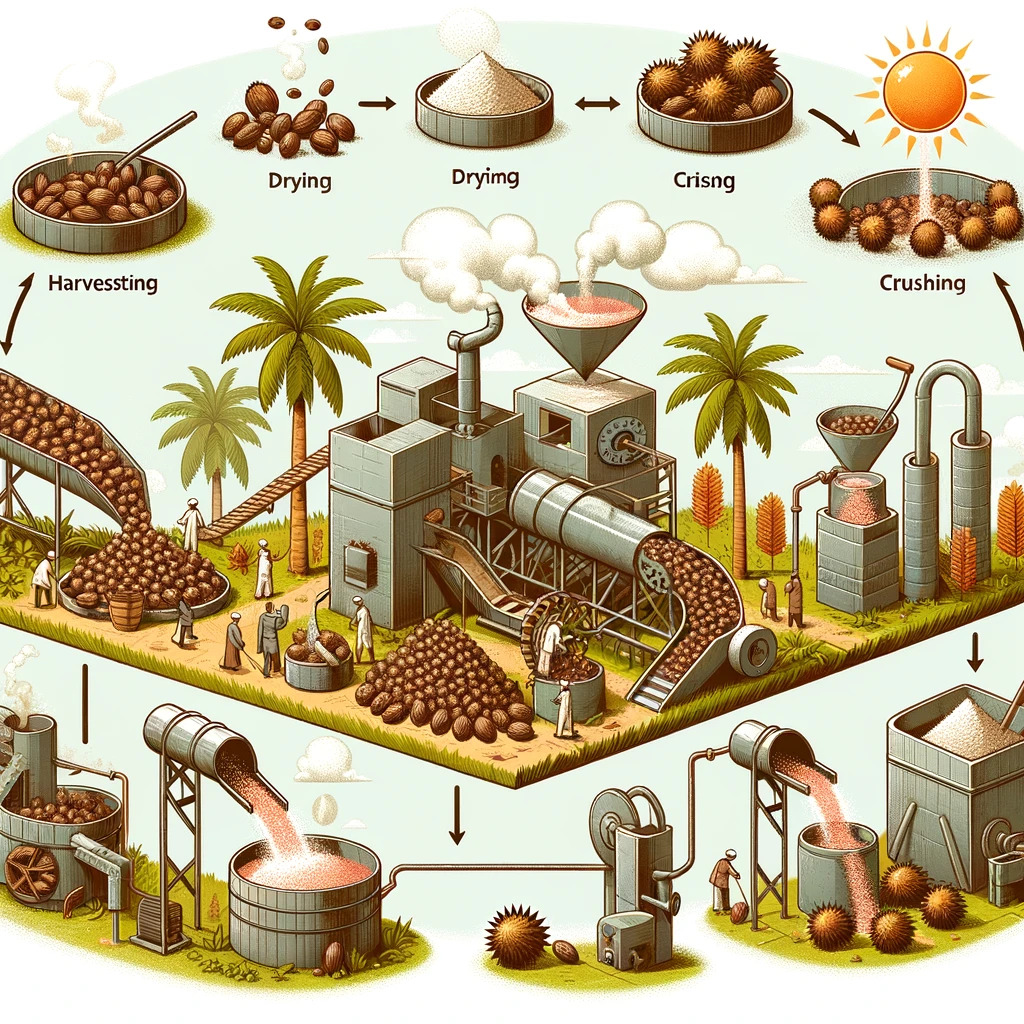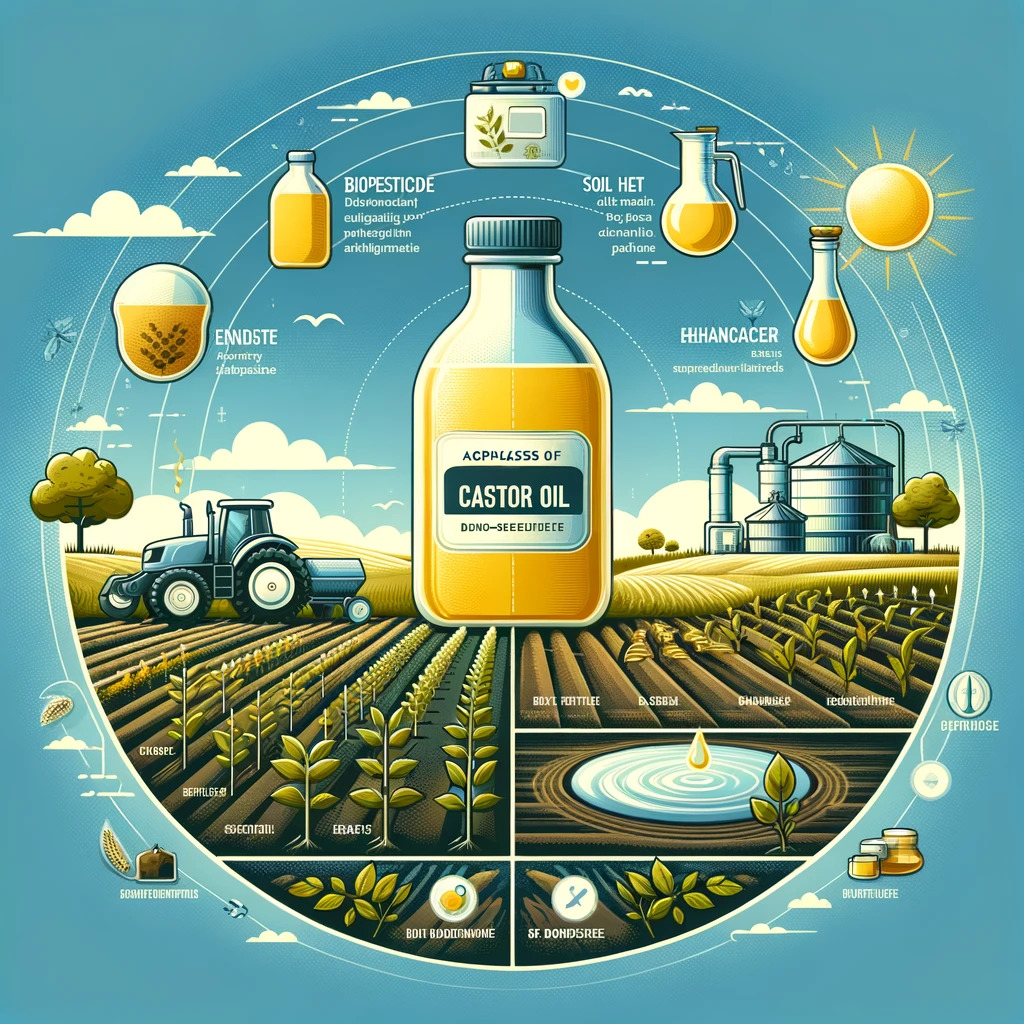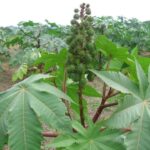The castor bean plant, scientifically known as Ricinus Communis L., is a plant that has captured attention in the world of agriculture due to its rich chemical composition and numerous active components. This article delves deeply into the bioactive components of the castor bean plant and their impact on agriculture.

Castor Oil: The Main Component of the Castor Bean Plant
Castor oil, extracted from the seeds of the castor bean plant, is renowned for its high concentration of ricinoleic acid. This unique fatty acid is the foundation of many of the plant’s beneficial properties, including its use as a lubricant, in biodiesel production, and in medicinal applications.

Other Bioactive Components of the Castor Bean Plant
In addition to castor oil, the castor bean plant contains a variety of other bioactive compounds, including proteins, alkaloids, and flavonoids. These compounds have potential applications in crop protection and in improving soil health.
The Castor Bean Plant in Pest and Disease Control
Extracts from the castor bean plant have proven effective in controlling certain pests and diseases of crops. Research suggests that these extracts can act as natural pesticides, offering a more ecological alternative to synthetic chemicals.

Sustainability and Future of the Castor Bean Plant in Agriculture
Due to its resilience and low resource requirements, the castor bean plant is emerging as a sustainable option for future agriculture. Its cultivation can play a crucial role in sustainable agriculture, especially in arid and semi-arid regions.
Conclusion
The castor bean plant is much more than a plant with useful oil; it is a source of bioactive compounds with broad potential in agriculture. From its use in biofuels to its potential as a natural pesticide, the castor bean plant represents a valuable contribution to more sustainable and ecological agriculture.
 AgronoBlog – Agriculture Blog
AgronoBlog – Agriculture Blog 


